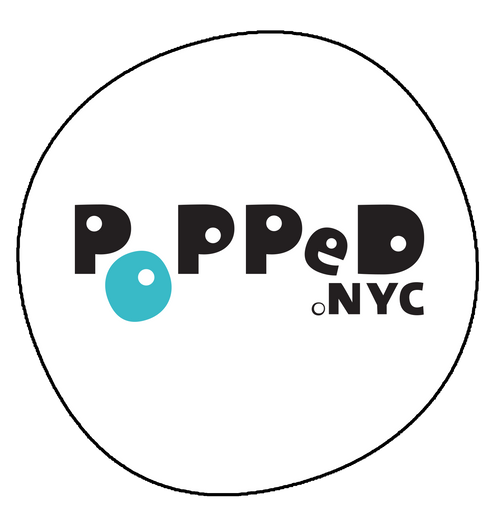Are you curious about CBD but unsure where to start? Whether you’re dealing with chronic pain, anxiety, or just exploring the potential benefits, you’ve come to the right place. This guide will walk you through everything you need to know to start your CBD journey confidently.
Why CBD?
Imagine a life with less stress, better sleep, and relief from aches and pains—all without a “high.” That’s the promise CBD brings. Let’s dive into what makes it so special and how it could change your life.
What Are Cannabinoids?
Cannabinoids are nature’s secret agents, working to keep your body balanced. They interact with your endocannabinoid system, which regulates functions like mood, pain, and sleep.
There are three main types:
- Endocannabinoids: Made by your body.
- Phytocannabinoids: Found in plants like cannabis (hello, CBD and THC!).
- Synthetic Cannabinoids: Created in labs.
CBD, a phytocannabinoid, has been shown to help with inflammation, anxiety, chronic pain, and more—all without the psychoactive effects of THC.
Hemp vs. Marijuana: What’s the Difference?
The cannabis plant has two well-known variations: hemp and marijuana.
- Hemp: Contains 0.3% THC or less, meaning no “high.” It’s used in health products, skincare, and even clothing.
- Marijuana: Contains more than 0.3% THC and can produce psychoactive effects.
By understanding the difference, you can choose the right product for your needs without confusion.
How CBD Works: The Endocannabinoid System (ECS)
Think of the ECS as your body’s command center for balance. CBD works with the ECS to support:
- Stress and mood regulation
- Pain management
- Better sleep
- Immune system health
- Nervous system function
When your ECS is happy, you feel more balanced and in control.
How Can CBD Help You?
CBD is like a Swiss Army knife for wellness. It’s been studied for its potential to help with:
- Anxiety
- Chronic pain
- Inflammation
- Migraines
- Sleep disorders
- And much more!
It’s also being explored as a treatment for serious conditions like epilepsy, Parkinson’s, and PTSD.
Getting Started with CBD
Choose Your CBD Product
CBD comes in many forms. Find the one that fits your lifestyle:
- Oils and Tinctures: Drop under your tongue for fast absorption.
- Edibles: Tasty and discreet.
- Topicals: Target specific areas of pain or inflammation.
- Capsules: Easy for daily routines.
- Vapes: Quick relief, but not for everyone.
Find Your Perfect Dose
Start small! A little goes a long way with CBD. Gradually increase your dose until you find what works best for you. Not sure where to begin? Check out our Dosing Guide and download our CBD Journal to track your progress.
Make CBD Part of Your Routine
CBD works best when used consistently. Try adding it to your morning coffee, post-workout smoothie, or nightly wind-down routine.
Take the First Step
Your journey to better health and balance starts today. Don’t let fear of the unknown hold you back. Explore our CBD products, download the free Dosing Guide, and take charge of your wellness.
Click here to get started!

